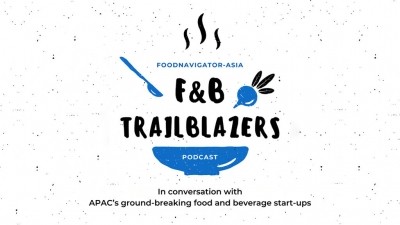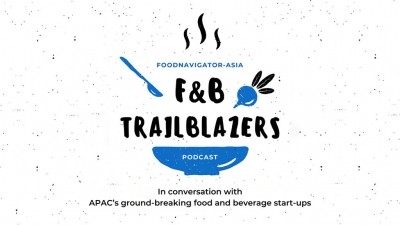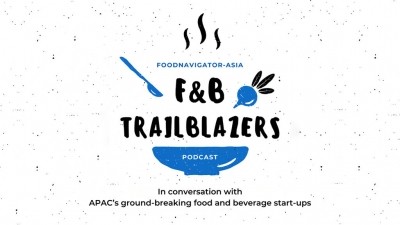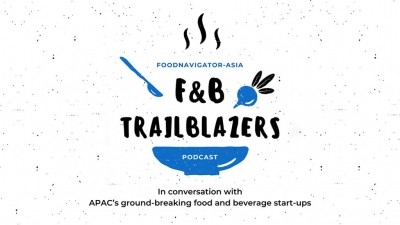FOOD AND BEVERAGE TRAILBLAZERS PODCAST EPISODE 13
PODCAST: To microalgae and beyond – Sophie’s BioNutrients founder on ‘hybrid’ plant-meat products for Asia and space food aspirations
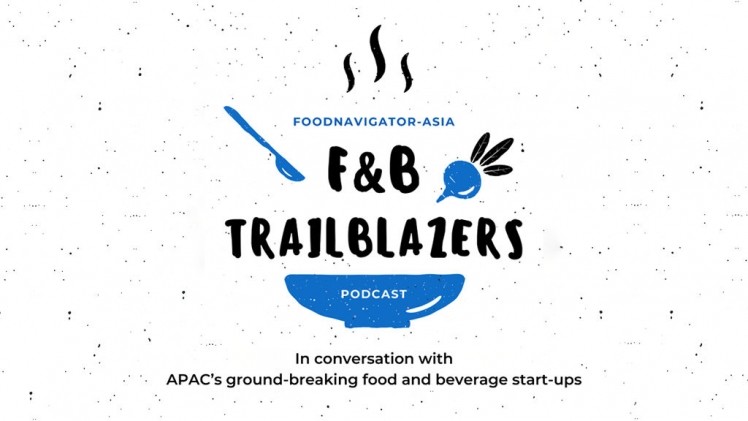
Sophie’s BioNutrients specialises in developing microalgae as a food product, and its US-based sister company Sophie’s Kitchen produces plant-based seafoods. Wang currently still serves as Chairman and Founder of Sophie’s Kitchen, but now dedicates most of his efforts to growing Sophie’s BioNutrients.
“At Sophie’s BioNutrients, we use a very special microalgae strain – most strains require sunlight to survive and grow, hence need a lot of space and certain conditions, but this strain we use does not require sunlight to grow, just the nutrients we give it,” Wang told FoodNavigator-Asia.
“This allows us to grow it in a fermentation tank, not only saving space but also to grow it faster than regular microalgae, as well as fine tune the nutrients we feed it to achieve desired functionalities.”
Wang also told us about his ambition to develop a space food programme based in Singapore, and that he believes there is huge potential for the country to pioneer in this area.
“I want to talk to Elon Musk as he has the rocket that can make the journey to Mars and the astronauts may be able to bring enough food for the journey, but unlikely enough to survive there for long – our microalgae technology would allow this to be planted out in the open, and provide a nutritious food source for them,” he enthused.
“Singapore may be too late to build a rocket to compete with Elon Musk, or to build a satellite, but we will not be too late to build a sustainable and viable food programme for all these space projects.”
In addition, Wang opined that plant-based products as are being heavily marketed today are unlikely to be the big success in Asia that everyone expects them to be, mostly due to Asian consumer tastes, but instead ‘hybrid’ products which are a mix of plant-based and meat ingredients are more likely to take off.
“Based on my many years in the industry, meat and seafood are very medicinal, sacred and wholesome, especially in East Asian cultures – so no matter how good or similar to meat the plant-based products are, nine out of 10 consumers here will still choose the real meat,” he said.
“Don’t get me wrong, as a participant in this space I do want it to succeed, but I believe the future of ‘plant-based’ or ‘alternative protein’ in Asia is going to be more of hybrid products which include both plant-based ingredients and meat – such as fishballs, which are actually only 30% to 40% fish and have a lot more starch and other such plant-based ingredients than people realise. [The change] will come in what sorts of plant-based ingredients are used and how this [evolves].”
Listen to the podcast above to find out more.
